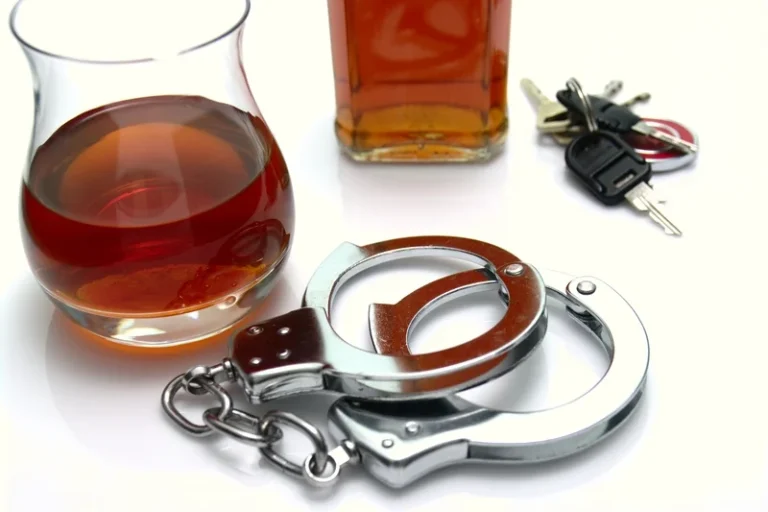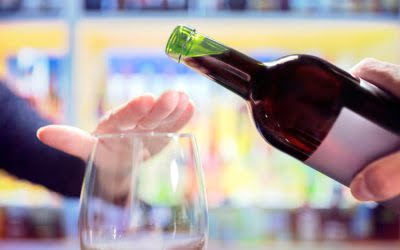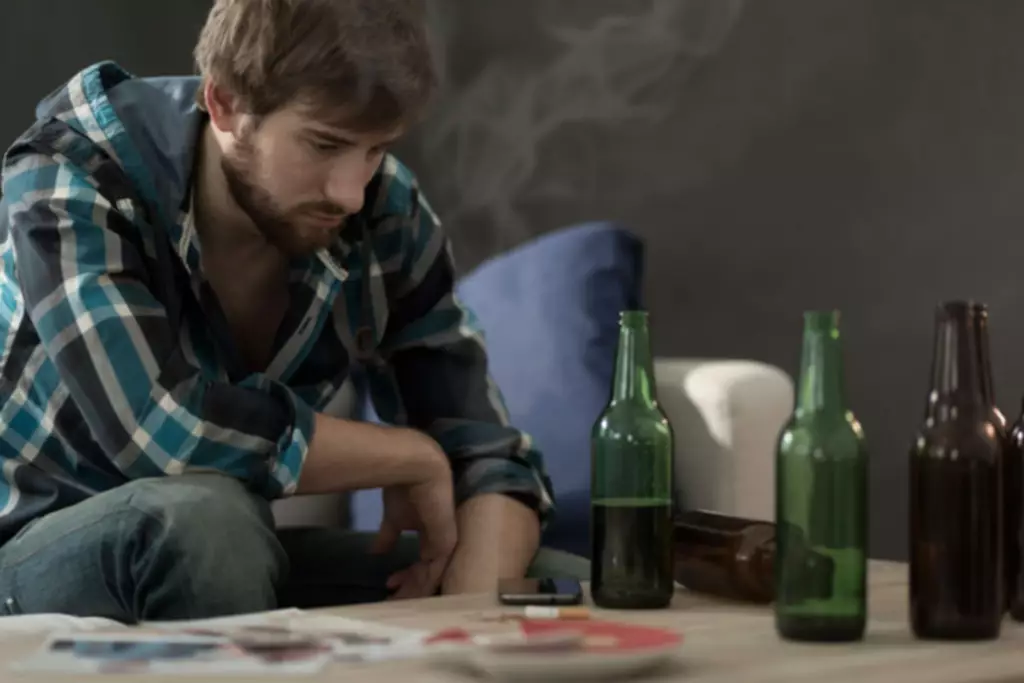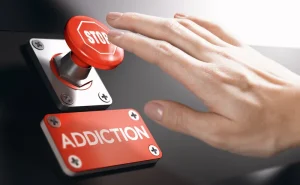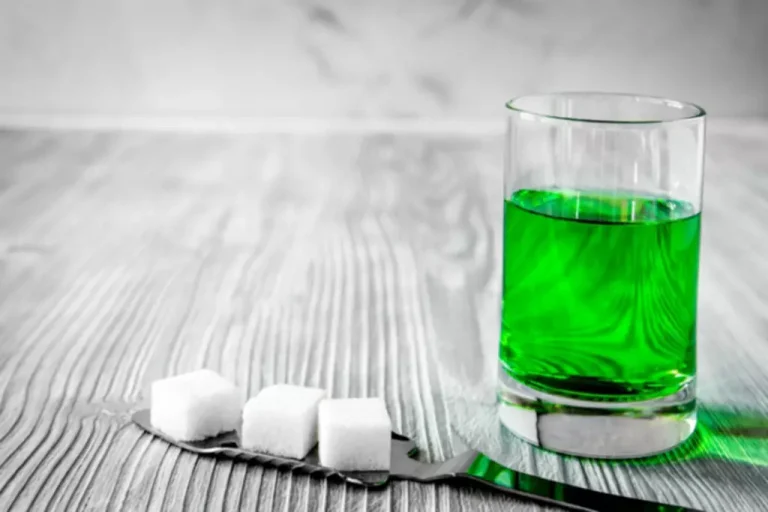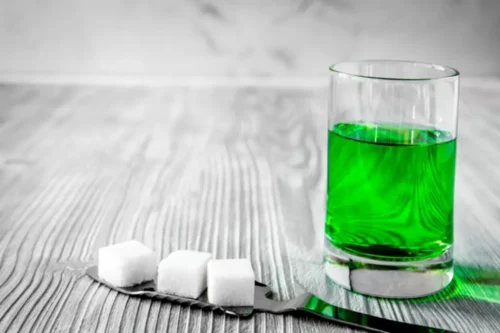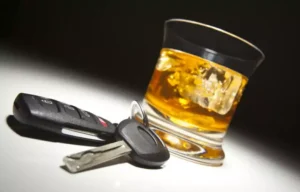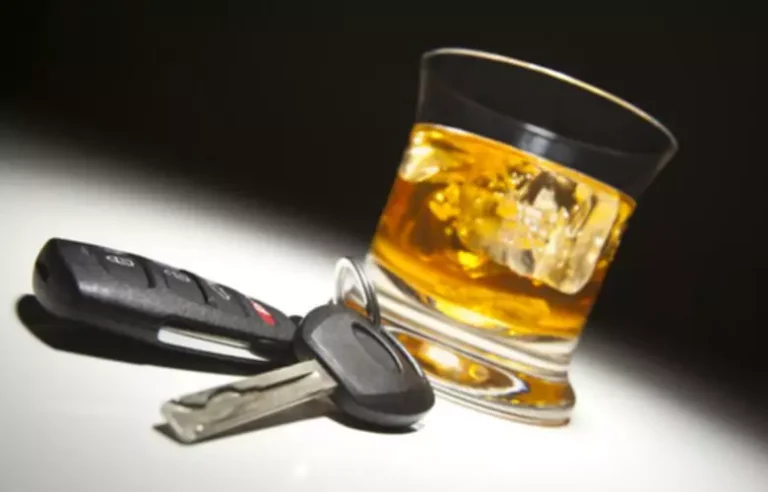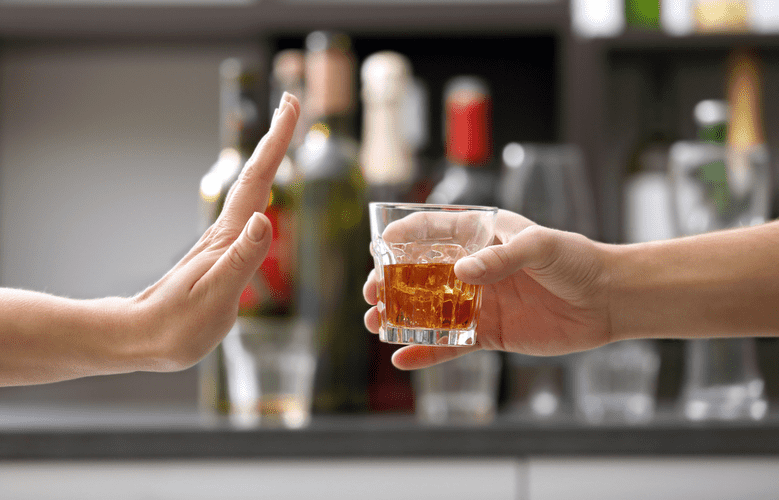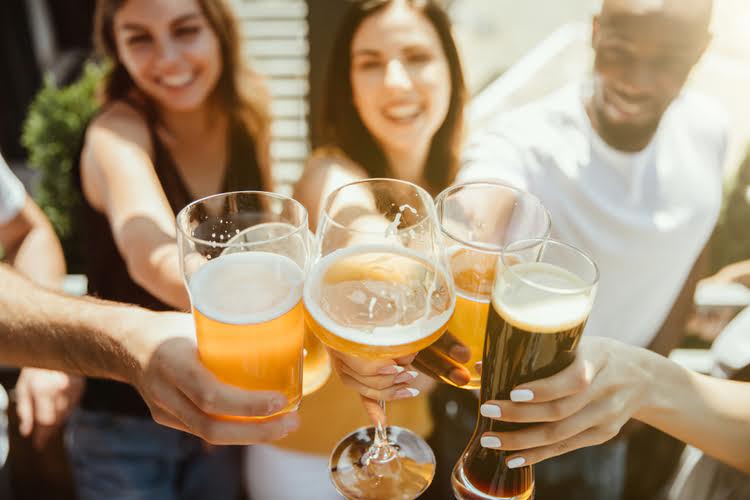«Why Do I Keep Doing This?»: Understanding Our Reasons for Drinking

Over the long term, the impact of alcohol depends on the amount and frequency you consume, says McDonagh. Your personality may be comprised of many elements, and there’s no clear-cut definition. In fact, it’s a hotly debated topic by experts in the field of psychology.
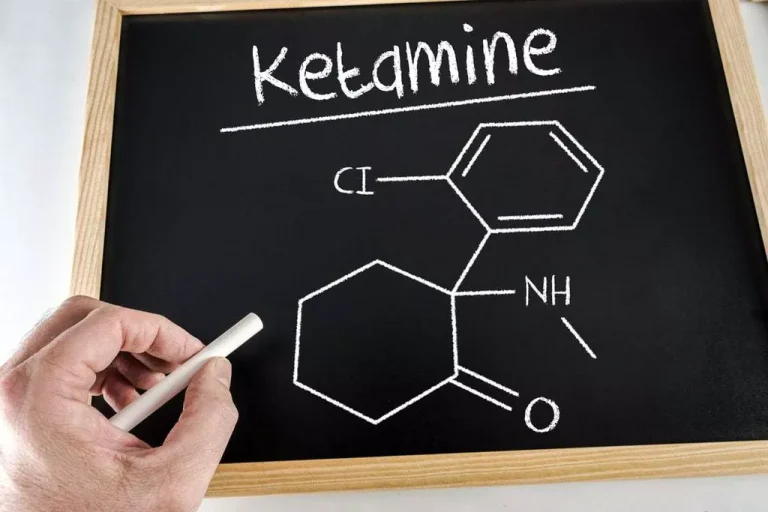
Scrappy hour
More studies need to be performed before that can happen, but this one is a start. At the very least, if someone excuses bad drunken behavior with a simple “I’m a mean drunk,” these findings could be a form of validation—and a cause for reflection. If why do i like being drunk you or someone you know is struggling with alcohol consumption, seeking help and support is crucial.
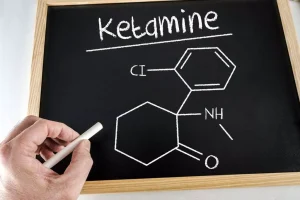
What Does It Feel Like to Be Drunk? Levels of Being Drunk
But with short-term alcohol use, the effects on your brain are only temporary. For example, you may feel comfortable being more social after a drink or two, but it doesn’t necessarily mean that it will impact other parts of who you are — such as your values, ethics, or personal beliefs. Frequent drinking can lead to long-term psychological effects such as depression, anxiety, and increased risk of developing alcohol dependence. As intoxication progresses, individuals may experience nausea and dizziness.
- But for some people, memory issues and other deficits may be long lasting.
- Most people believe, as they drink more, they’ll continue to experience these positive effects but, since alcohol is a depressant, it slows down your central nervous system.
- Alcohol consumption is a common social activity, but the experience of being drunk can vary widely among individuals.
- At Ria, we offer weekly meetings with certified counselors to help members stay on track and build skills for long-term change.
- People — especially men — who are prone to anger or aggression while sober are more likely to act aggressive when they’re drunk.
Does Alcohol Reveal Your True Personality? And If Not, What Does It Do?
- But have you ever stopped to consider why it is you choose to drink?
- Moreover, the problem isn’t just the inebriated person’s inaccurately perceiving risk, it’s also their taking risks that are unwarranted, foolish, or precarious.
- The effects of alcohol-related brain damage (ARBD) can affect your mind in a profound way, adds Volpicelli.
- When people only drink on social occasions because they want to fit in—not because it’s a choice they would normally make—they drink less than those who drink mainly for other reasons.
- Once we have a clearer picture of our reasons for using alcohol, we get to decide when, where, and how much we use, with added insight.
- It’s important to note that the signs and symptoms mentioned above are general observations and may vary from person to person.
It’s essential to remember that alcohol affects everyone differently, and your limits may be different from others’. “What often predicts how we’ll act when drunk is a combination of numerous factors, many of which we probably don’t have control over,” said Magidson. According to the NIH, “heavy drinking” generally means more than four drinks per day for men and more than three for women. But you should also understand your own personal limits and when you should stop. “They might be able to better control these emotions when sober, but they’re still present on some level,” said Edmonds. There are so many variables at play when it comes to BAC that you can’t predict or control how long you’ll feel drunk or actually be above the legal limit.

To be fair, consuming alcohol, especially in social settings, is often beneficial. It can’t be overemphasized that this chemical explanation doesn’t imply that such negative thoughts and feelings didn’t already exist within you, but simply that you knew better than to give voice to them. Before becoming so neurologically unconstrained by drink, such sentiments would have been checked.
Factors Influencing Intoxication Levels
Some businesses, like With Grace Marketplace — a bottle shop specializing in alcohol-free alternatives — Alcohol Use Disorder are already doing this. As digital natives, Gen Z and millennials are acutely aware of the lasting impact of their digital footprints. The sober curiosity movement encourages people to make conscious efforts to evaluate their relationship with alcohol. It aligns with a broader cultural shift among younger generations toward mindfulness and intentional decision-making across all areas of life. In fact, compared to preceding generations, Generation Z may be the soberest generation yet. Members of the Mr. Hyde cluster experienced the most problems related to their drinking habits, followed by the Hemingways.


Enjoying a drink feels different than needing a drink to tolerate a painful or difficult experience. Also, our brain’s ability to adjust to novel situations relies on repeated exposure with positive outcomes. Dulling our learning centers with a sedative like alcohol makes it much harder to rewire our brains and improve our confidence and comfort in new situations. Drinking alcohol can impact your mood and behavior, making it appear as though your core personality has changed.


